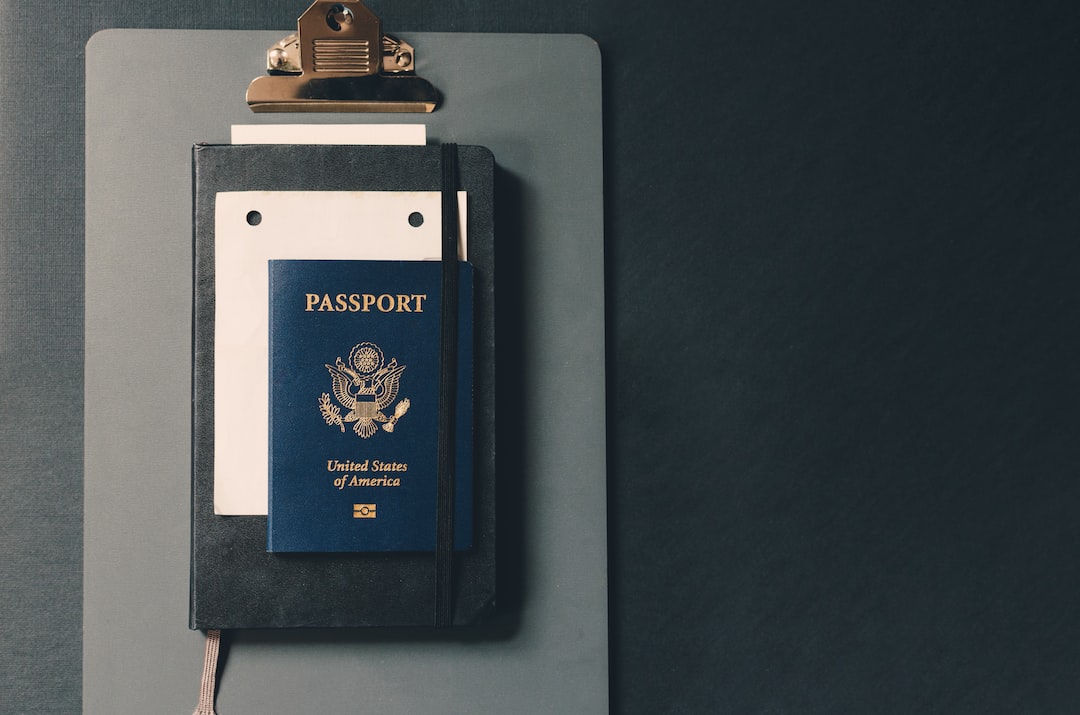Title: Criminal Defense Strategies: What You Need to Know
Introduction
Facing criminal charges can be one of the most challenging and intimidating experiences in life. With the potential consequences at stake, it is crucial to be aware of the various defense strategies that can protect your rights and secure a fair trial. In this blog post, we will explore some key defense strategies that defendants should know when faced with criminal charges.
1. Presumption of Innocence
One of the fundamental principles of criminal law is the presumption of innocence. Under this principle, you are presumed innocent until proven guilty beyond a reasonable doubt. Your defense attorney will emphasize this presumption throughout the trial, ensuring the burden of proof lies with the prosecution. This strategy often involves casting doubt on evidence or witnesses presented by the prosecution.
2. Legal Technicalities
In some instances, defense strategies may focus on legal technicalities, such as violations of the Fourth Amendment (unlawful search and seizure) or the Fifth Amendment (self-incrimination). If law enforcement violated any of your constitutional rights during the investigation, your attorney can argue for the exclusion of evidence collected illegally, potentially leading to a weakened prosecution case.
3. Alibi Defense
When facing criminal charges, providing an ironclad alibi can be one of the strongest defense strategies. An alibi defense involves presenting evidence or testimony proving that you were in a different location at the time the alleged crime occurred. This can discredit the prosecution’s timeline and cast doubt on your involvement.
4. Self-defense
If the charges involve violence or assault, self-defense may be a possible defense strategy. Your attorney will argue that you acted reasonably and proportionately to protect yourself or others from harm. This defense is more effective when evidence supports your claim and demonstrates that you were in immediate danger.
5. Insanity Defense
In certain cases, an insanity defense may be applicable. This strategy asserts that you were not mentally capable of understanding the nature and consequences of your actions when the alleged offense took place. It requires expert testimony and comprehensive psychiatric evaluations to prove that you were legally insane at the time. However, this defense is rarely successful and often attracts significant scrutiny from the prosecution.
6. Mistaken Identity
Mistaken identity is a defense strategy used when you believe you were wrongfully identified as the perpetrator. This defense seeks to cast doubt on witnesses or evidence that wrongly implicates you in the crime. It may also involve examining any weaknesses in the identification process or suggesting alternative explanations for the crime.
7. Lack of Evidence
A lack of evidence can be a powerful defense strategy. If the prosecution fails to provide sufficient evidence to establish your guilt beyond a reasonable doubt, your attorney can argue for an acquittal. This strategy involves carefully examining the evidence presented against you and highlighting any inconsistencies or gaps that may weaken the prosecution’s case.
8. Plea Bargain
In cases where the evidence against you is substantial, your defense attorney may recommend exploring a plea bargain. This involves negotiating with the prosecution to plead guilty to a lesser charge in exchange for a reduced sentence or other benefits. Although it means admitting guilt, a plea bargain can often lead to more favorable outcomes than facing a trial and potentially receiving a more severe punishment.
Conclusion
Understanding the various defense strategies available can greatly influence the outcome of a criminal trial. It is crucial to consult with a knowledgeable and experienced criminal defense attorney who can tailor the strategy to the specific circumstances of your case. Remember, everyone has the right to put up a vigorous defense and fight for their innocence until proven guilty beyond a reasonable doubt.

